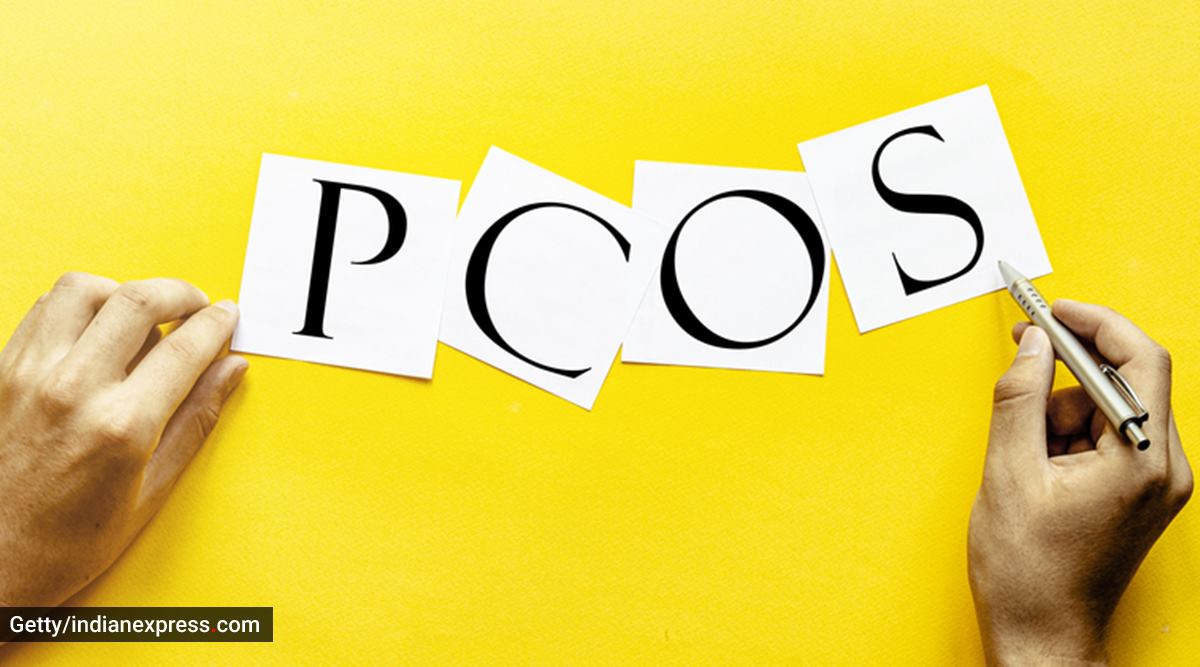
Anxiety and depression are said to cause severe health issues for women of reproductive age, including PCOS, a doctor said

The pandemic has forced many people to work from home, and in the absence of a normal social life and work-life-balance, it has led to a host of health problems, both mental and physical in nature.
Among them is anxiety, mainly high-functioning anxiety. In it, a person may appear to be calm and collected — accomplishing tasks and appearing to function well in social situations — but internally, they feel all the same symptoms of anxiety disorder: intense feelings of impending doom, fear, anxiety, rapid heart rate, gastrointestinal distress.
In some women, it is understood to have caused polycystic ovarian syndrome (PCOS), hampering their quality of life.
But what is the connection between PCOS and anxiety?
Dr Sushma Tomar, obstetrician and gynecologist at Fortis Hospital, Kalyan explains that anxiety is a natural and healthy emotion that most people experience; a vital feeling that alerts people to pay attention to important issues or warns of potential danger.
“But, with anxiety disorder, the fear response becomes exaggerated. A person becomes anxious and fearful in situations that do not call for it. Anxiety and depression are said to cause severe health issues for women of reproductive age, including PCOS, among many other problems.
“PCOS is the most common endocrine disorder among women of reproductive age. Symptoms include amenorrhea (absence of menstruation), hirsutism (abnormal hair growth on face and body), infertility, obesity, acne vulgaris, and androgenic alopecia (balding patterns). This condition affects a woman’s mental health and quality of life immensely,” she says.
Some women with PCOS have insulin resistance, and citing a study, Dr Tomar says that a greater insulin resistance increases the risk of depression and more anxiety symptoms.
“Androgens (a group of hormones including testosterone) are elevated in many people with PCOS. This may cause anxiety and depression in women with PCOS.”
Lifestyle changes and meditation
According to Dr Tomar, women who have PCOS-linked anxiety can talk to their doctor about various treatment options. “Low-calorie diets in combination with exercise can help. Leading an active lifestyle may help improve mental health. It is said that women with PCOS who exercise regularly have fewer symptoms of anxiety and depression. Yoga practice that includes poses, guided relaxation, breathing exercises, and meditation may also improve symptoms of anxiety.”
For more lifestyle news, follow us: Twitter: lifestyle_ie | Facebook: IE Lifestyle | Instagram: ie_lifestyle
Source: Read Full Article